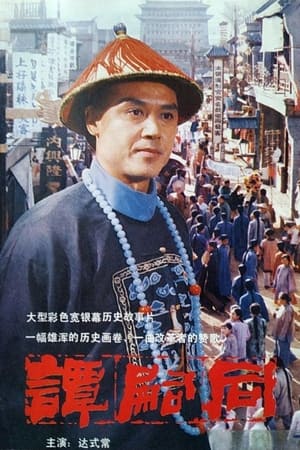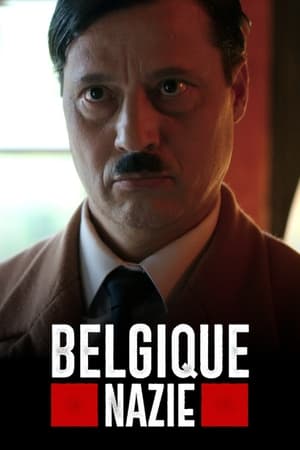
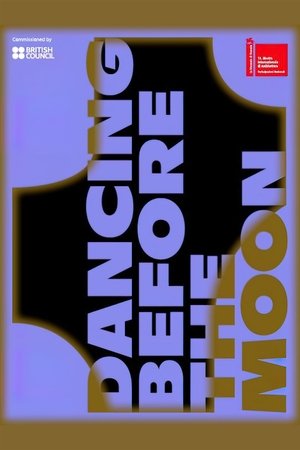
Dancing Before the Moon(2023)
Comprising new and archival footage, this film observes rituals performed by the South Asian, African, and Caribbean diaspora in Britain, demonstrating an appreciation of land, community values, and the universe we share with other species and planets.
Movie: Dancing Before the Moon

Dancing Before the Moon
HomePage
Overview
Comprising new and archival footage, this film observes rituals performed by the South Asian, African, and Caribbean diaspora in Britain, demonstrating an appreciation of land, community values, and the universe we share with other species and planets.
Release Date
2023-05-20
Average
0
Rating:
0.0 startsTagline
Genres
Languages:
Keywords
Similar Movies
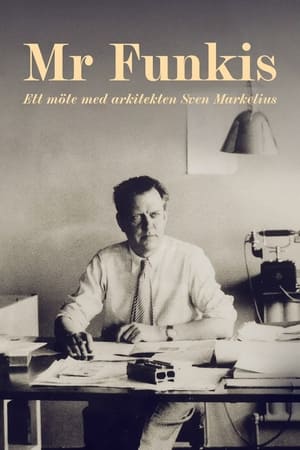 0.0
0.0Mr Funkis(sv)
Based on a series of interviews documentary film maker Anders Wahlgren made with architect Sven Markelius in 1969. Sven Markelius was one of the most radical architects in Sweden for many years. Since these interviews were the only recorded interviews made with Markelius we can get some insight into his philosophy 50 years later.
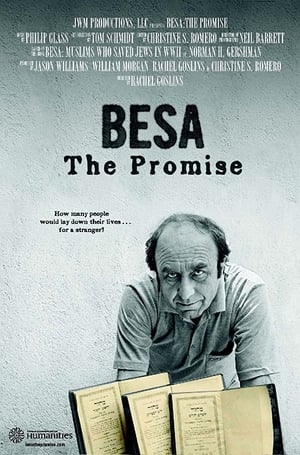 10.0
10.0Besa: The Promise(en)
A documentary exploring how Albanians, including many Muslims, helped and sheltered Jewish refugees during WWII at their own risk, and trying to help the son of an Albanian baker that housed a Jewish family for a year return some Hebrew books that the family had to leave behind.
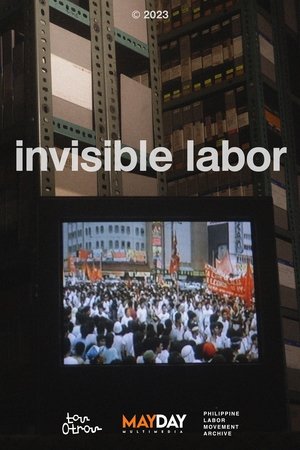 8.0
8.0Invisible Labor(tl)
Marcos then, Marcos now. Filipino workers unite and lead the struggle for economic and political rights, determined to shape the course of history. In between, a janitor painstakingly rewinds videotapes featuring these struggles, unknowingly aiding in the preservation of history.
 0.0
0.0Into the Island(zh)
Into the Island is the first chapter of Groundwork, a three-part film and exhibition series exploring the conceptual development and field research of contemporary architects cultivating alternative modes of engagement with new project sites.
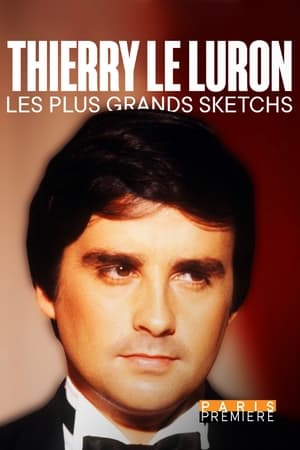 0.0
0.0Best of Thierry Le Luron(fr)
Beyond his talent as an imitator, Thierry Le Luron is first of all a caricature of his contemporaries, whether politicians, journalists or music stars.
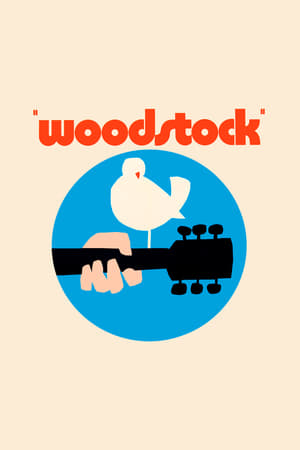 7.5
7.5Woodstock(en)
An intimate look at the Woodstock Music & Art Festival held in Bethel, NY in 1969, from preparation through cleanup, with historic access to insiders, blistering concert footage, and portraits of the concertgoers; negative and positive aspects are shown, from drug use by performers to naked fans sliding in the mud, from the collapse of the fences by the unexpected hordes to the surreal arrival of National Guard helicopters with food and medical assistance for the impromptu city of 500,000.
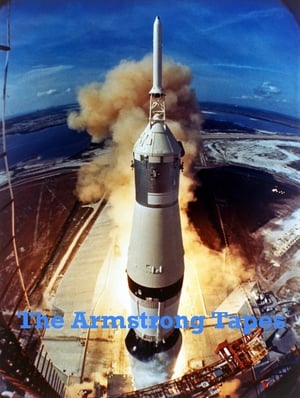 6.5
6.5The Armstrong Tapes(en)
Never-before-heard audio tapes recorded with Neil Armstrong during the final years of his life reveal an intimate portrait of this iconic - and famously private - man. Illustrated through previously unseen personal photographs and archival footage, this documentary special takes viewers on an emotional journey into the thoughts and experiences of the first man on the Moon.
Quo Vadis, Aida?: The Missing Part(bs)
Six months after the events of the first film, Aida is on a peacetime journey to discover the fates of her husband and sons. Joining with other women who organize protests and conduct their own private investigations in search of truth and justice, they overcome corruption, political inertia and other obstacles while recognizing that the peace process is harder than the war itself.
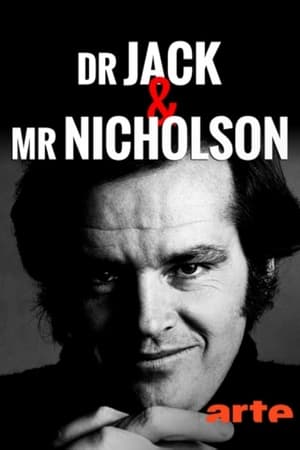 7.0
7.0Dr. Jack & Mr. Nicholson(en)
In a Hollywood career spanning more than 50 years and with 60 movie credits to his name, Jack Nicholson has conquered everyone, becoming the archetypal star who lives according to his own rules. Unmoved by critical approval and conventions he remains the most elusive of American actors.
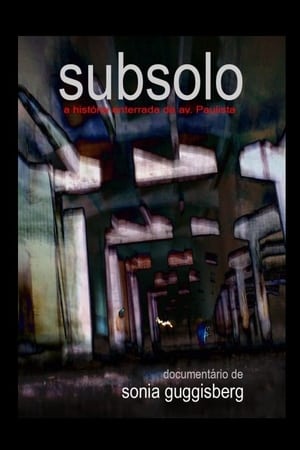 0.0
0.0Subsolo(pt)
Sonia Guggisberg presents the documentary Subsolo, about the work interrupted in the 1970s below Avenida Paulista.
Electronic Poem(fr)
Poème Électronique is an 8-minute piece of electronic music by composer Edgard Varèse, written for the Philips Pavilion at the 1958 Brussels World’s Fair. The Philips corporation commissioned Le Corbusier to design the pavilion, which was intended as a showcase of their engineering progress. The pavilion was shaped like a stomach, with a narrow entrance and exit on either side of a large central space. As the audience entered and exited the pavilion, the electronic composition Concret PH by Iannis Xenakis (who also acted as Le Corbusier's architectural assistant for the pavilion's design) was heard. Poème électronique was synchronized to a film of black and white photographs selected by Le Corbusier which touched on vague themes of human existence.
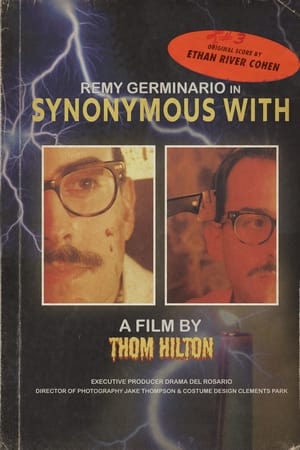 0.0
0.0Synonymous With(en)
A student's increasingly intimate line of questioning causes his interview with a local horror host to take a vulnerable turn.
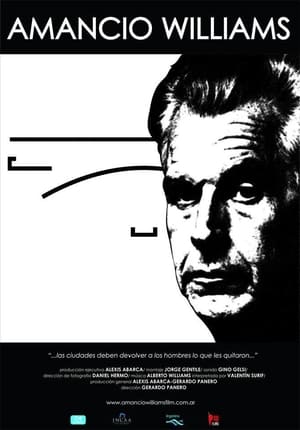 5.3
5.3Amancio Williams(en)
A biography documentary of the Argentine modernist architect Amancio Williams.
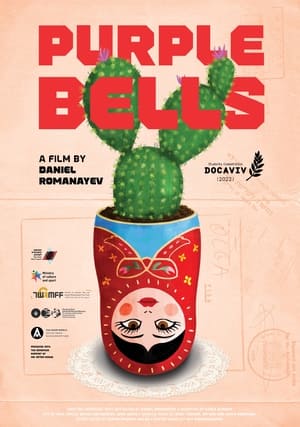 10.0
10.0Purple Bells(he)
30 years after their emigration, Danni interviews his family and tries to learn their story to reconcile with the past.
 0.0
0.0The Enemy Within(ar)
Six stories from Italian Islam. As in the rest of the country, in Bologna, intolerance and attempts at dialogue coexist, ghetto neighborhoods and second generations fighting, crime and everyday life.
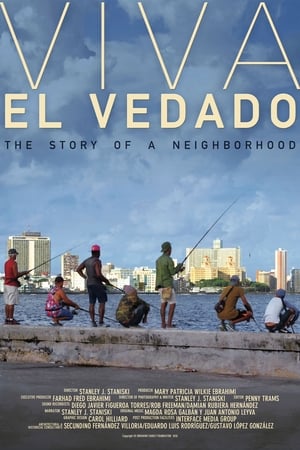 0.0
0.0Viva El Vedado(en)
Viva El Vedado presents the history of the Havana neighborhood of El Vedado from the last quarter of the 19th century through the Cuban Revolution and highlights its varied and outstanding architecture. Known as a cultural center of Havana, Vedado is particularly notable for its unique collection of Cuban architecture of the 20th century. The film’s goal is to introduce its audiences to the neighborhood’s remarkable architecture, its vibrant life, and the need for preserving Vedado as part of Havana’s heritage. It is a glimpse beyond tourist fantasies and stereotypes, a rare view of one of Havana’s most important neighborhoods.

